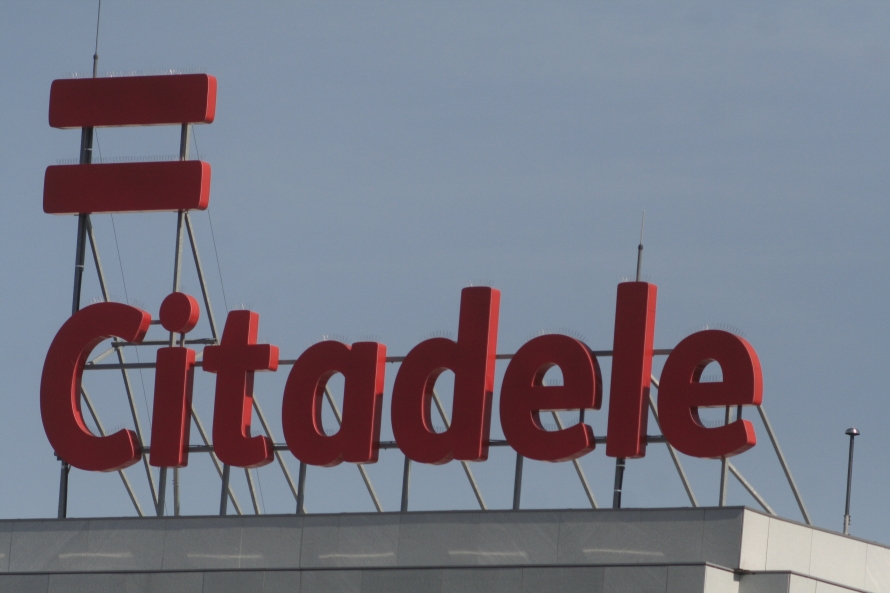While the National Alliance objects to the hurry and secrecy under which the vetting of offers has proceeded, the Ministry of Economics insists that lapses in confidentiality could cause the liquidation of the once troubled bank by year’s end rather than advance its sale to investors.
Saeima member Jānis Dombrava (NA), who has called for the process to have appropriate parliamentary committee oversight, points out that the key decision-makers, the Prime Minister, Finance and Economics Ministers are all from the Unity party. “Is it best practice to bring a huge document to the table just a few hours before a Cabinet meeting and demand a decision be taken on assets worth 2.5 billion euros? In my view that is totally unacceptable,” said Dombrava.
Dombrava's proposal to move the Citadele sell-off onto more open parliamentary agendas seems likely intended to counter perceived attempts by Unity to shut its coalition partners out of the deal. Of three Cabinet posts currently held by the NA, only Minister of Culture Dace Melbārde has state-sanctioned access to classified information. The Constitution Protection Bureau has denied such access to Justice Minister Baiba Broka, while the security service authorities still haven’t completed Environment Minister Romāns Naudiņš’ background-check.
On his part Economics Minister Vjačeslavs Dombrovskis warned that “if some people want to pull the plug on this process and achieve the de facto liquidation of Citadele instead, this is exactly the way to do it.” He said that Saeima’s National Security Affairs Committee would have to hold hearings on the final sale regardless, the proceedings of which would have to remain closed to the public. The Privatization Agency, which is responsible for the sell-off process, also confirmed that both the national security services and the Financial and Capital Markets Commission must assess the final investor’s offer in light of the legality and reputation of their money sources.
Citadele was established in August 2010 as the successor to the restructured private commercial bank Parex, whose owners Valerijs Kargins and Viktors Krasovickis asked for a government bail-out in the fall of 2008 following liquidity difficulties caused by the global financial crisis.
The cost of bailing-out Parex forced the government to turn to the International Monetary Fund for a 7.5-billion-euro bailout of its own, heralding years of harsh austerity to repay the debt.
At the time the government ruled to take over its current 75% share of the bank, with the European Bank for Reconstruction and Development (EBRD) assuming control over the remaining 25%. The restructuring plan calls for the sale of Citadele to be completed by the end of 2014.





























